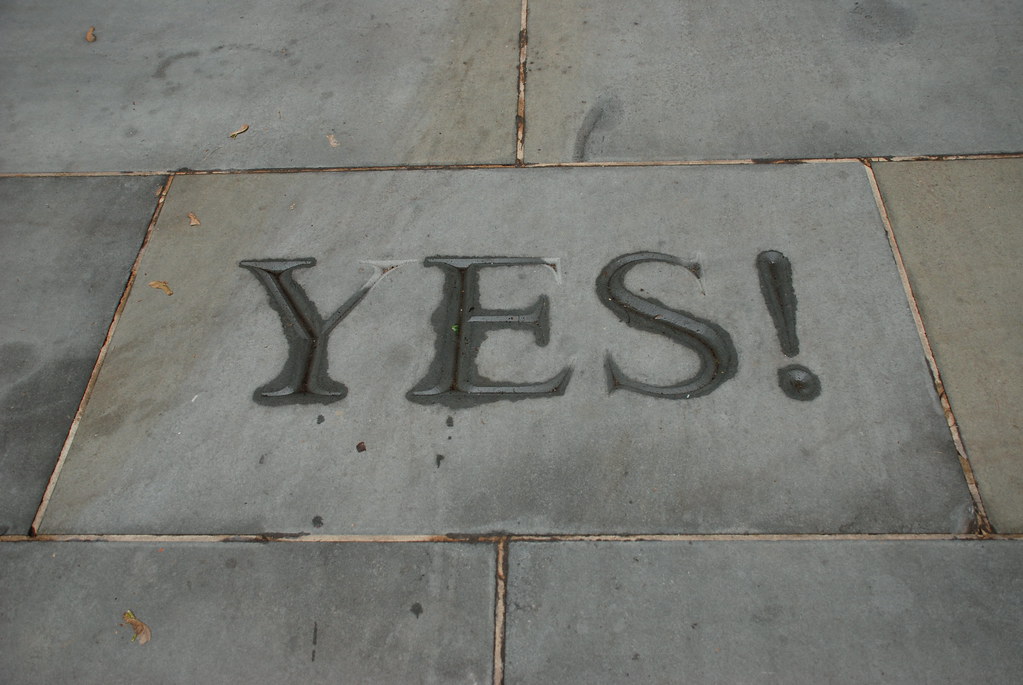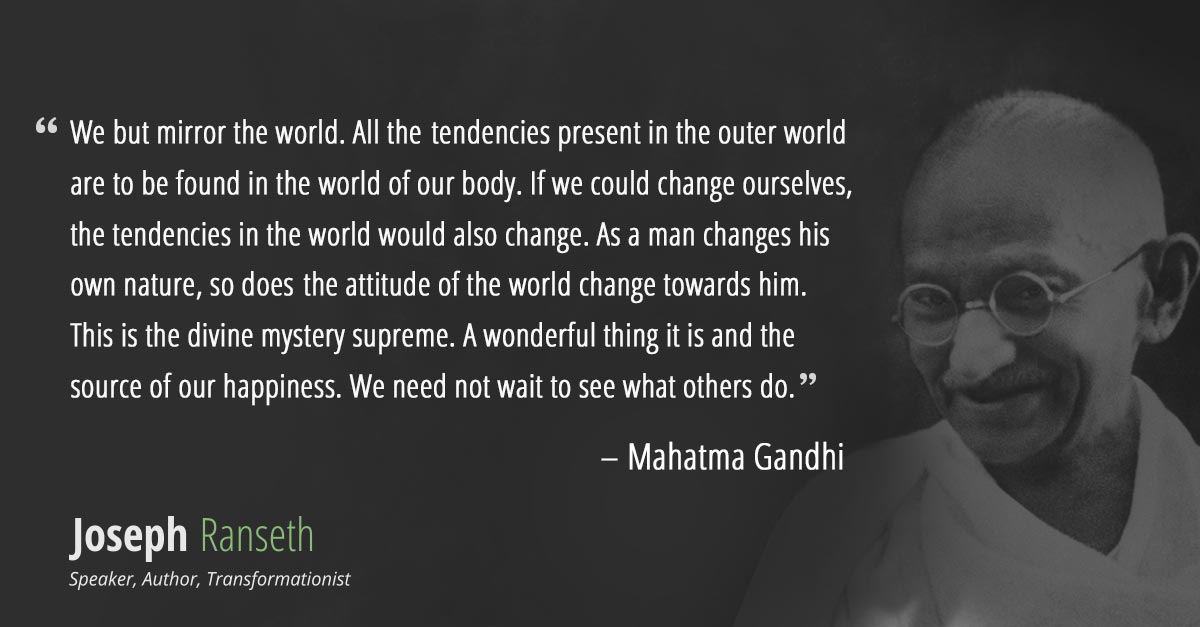For this week’s blog post we have been asked to address three questions:
- Can online social media activism be meaningful and worthwhile?
- Is it possible to have productive conversations about social justice online?
- What is our responsibility as educators to model active citizenship online?
The easy answer to these questions are yes, yes, and to some degree, I think? However, like many of the other students in this class have already mentioned, these questions are actually not as easy as that to answer. Having said that I do stand by my original answers. Yes I do believe that social media activism can be meaningful and worthwhile. Is it always? Absolutely not, but the question asks can it be – so yes I believe it can. Is it possible to have productive conversations about social justice online? Yes it is possible, does it always happen? No, but again it can happen. Lastly, what is our responsibility as educators to model active citizenship online? I think it is our responsibility to some degree, however, as Curtis mentioned in his blog there need to be some personal rules around posting, and critical thought needs to go into the post.

Can social media activism be meaningful and worthwhile?
In The Second Act of Social Media Activism Jane Hu defends the position that social media can in fact be meaningful and worthwhile. She brings up topics such as police abolition, occupy Wall Street, Black Lives Matter, #takeaknee, and women’s rights just to name a few. She mentions that “
In The Second Act of Social Media Activism Jane Hu defends the position that social media can in fact be meaningful and worthwhile. She brings up topics such as police abolition, occupy Wall Street, Black Lives Matter, #takeaknee, and women’s rights just to name a few. She mentions that “The uprisings might have unfolded organically, but what has sustained them is precisely what many prior networked protests lacked: preexisting organizations with specific demands for a better world.” Social media has allowed information to be disseminated at a rapid pace, and it brings people of a like mind together to demand change.
Hu finishes the piece by saying that memes and headlines help “codify the message that leads to broader, deeper conversations offline, which, in turn, build on a long history of radical pedagogy. As more and more of us join those conversations, prompted by the words and images we see on our screens, it’s clear that the revolution will not be tweeted—at least, not entirely.”
In Curtis’ blog I left a metaphor about planting a seed, that seems to fit with Hu’s message. If we can take a moment to plant a simple seed and and we think about where it is sowed, is it the right time, and we give it a lot of care and attention you can end up with a brilliant bloom. I like to think that some of my shares on Social Media can be the seed that creates the opportunity for someone else to think critically about a topic. Hopefully we can join in on conversations, or at least give us the right words to take part in conversations with our friends and families that will be the seeds of change to a better, brighter future.

So if Social Media Activism can be meaningful, is it possible to have productive conversations about social justice online?
I feel like this topic is much more complicated. We live in a world right now full of disinformation, full of people who are either right wing, or left wing and will argue their point without even listening to what the other person is saying. It leaves you feeling frustrated, angry, and annoyed. Most of us end up surrounding ourselves with like minded people where we can have good conversations but in these circumstances we all agree. On the other hand, I have seen friends post on Facebook: “If you don’t agree with this please delete me as a friend” which is kind of ridiculous. Why can’t I disagree with you? Me disagreeing with you doesn’t mean that I don’t value our friendship, it just means that we don’t see eye to eye on a particular topic, shouldn’t we be able to discuss it?
I have made comments on people’s tweets and they come back swinging so hard I end up deleting my comment – so now I have entered the realm of self-censorship because it isn’t worth it to argue with a complete stranger on social media. I am very interested to hear other’s thoughts on this topic as I do believe it is “possible” however how likely is it to happen in this era of the web?
Educators modeling social activism online
As educators it is our job to help students become active citizens in society, this has been a teachers directive since schools have started in society. Where does this start and where does it end? According to Katya’s blog post we absolutely have a responsibility to model active citizenship online, and I 100% agree with her position IF we have students following us on social media. Students are deeply in tune with what is happening in the world, and they want to know that you are relevant and up-to-date on these issues. As long as I am being responsible and participating in a meaningful way, I do believe we have a commitment as educators to post.
Now, having said that, I would never criticize someone for not posting because we are all on separate journeys and may, for whatever reason, not feel comfortable posting about issues within society. My recommendation to those teachers is to start with one issue at first – chose an issue that your school board feels strongly about such as Truth and Reconciliation and start to “be the change you want to be in the world.”

I love the comments you make about if you disagree delete me as a friend. I have never understood that. Having those challenging conversations and a respectful dialogue is how we grow and challenge our thinking. In the end we can agree to disagree. It is like the algorithm… if we constantly see what we have been searching then we end up thinking that information is the only way and the right way. If we limit our friends lists to only those that agree with us then our thoughts will never be challenged. I know there have been friends of mine that have posted things about the pandemic that I have totally disagreed with and I have basically laughed at but yet it has also made me step back and question my beliefs and really look into things to confirm those beliefs. Great post.. .thanks for sharing!
Thanks for the comments Jocelyn, I agree that it is so important to be able to have those conversations. We have to be able to get back to have polite conversations where we can agree and disagree with each other.
YES! You hit the nail on the head with this one. Over the course of COVID, I heard a lot of people delete friends that they were actually close to prior to COVID because of the difference in opinions. Yes, some of them were quite drastic and demanded attention and really fought against helping the greater good, but what I didn’t understand is that not one of those people reached out and tried to engage in dialogue. A lot can be learned from conversations. Perspectives can be shared, different ideas can be heard, and even if a common understanding isn’t made people can still hear the other side out. So yes, I can see where you are coming from when you said that sometimes self-censorship is easiest. I wonder if COVID wasn’t a thing if people would have been as intense as they seem to be now? Very interesting blog post! Thanks for sharing.
Thanks for your comments Kelly. I think things started getting “Intense” online with the election of Donald Trump. The very idea of fake news and blaming immigrants for the troubles in the United States got a lot of heat on Social Media. COVID has definitely added to the insanity, so I do have to wonder if things would be different? Would things have cooled off?
Hello Chris. I really like this advice: “My recommendation to those teachers is to start with one issue at first – chose an issue that your school board feels strongly about such as Truth and Reconciliation and start to “be the change you want to be in the world.”” Speaking out about an issue that has been adopted by administration can keep teachers safer from backlash and the criticism of being too political. Also I believe that adding one’s voice to the cause can really make a difference and encourage more to do what is right and just. Thanks for the thoughtful post.
Thanks Brenda – I couldn’t agree more, adding our voices to a cause can really make a difference.